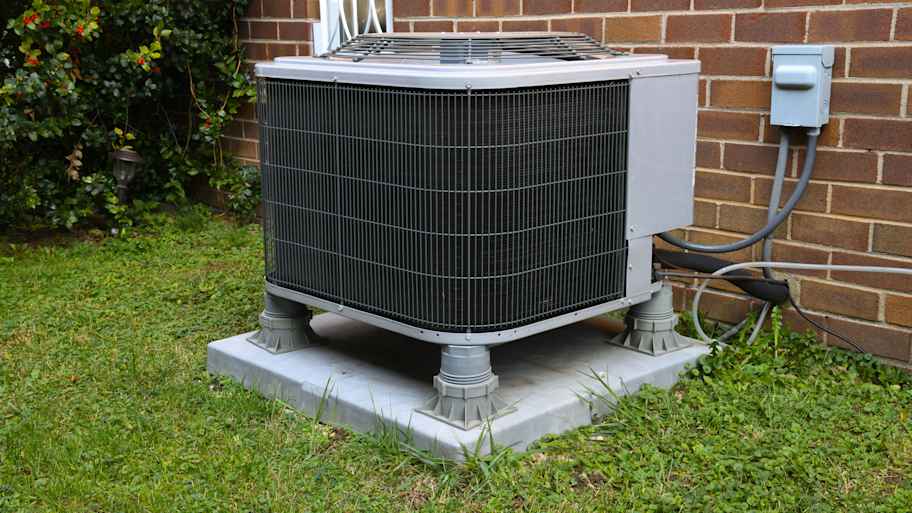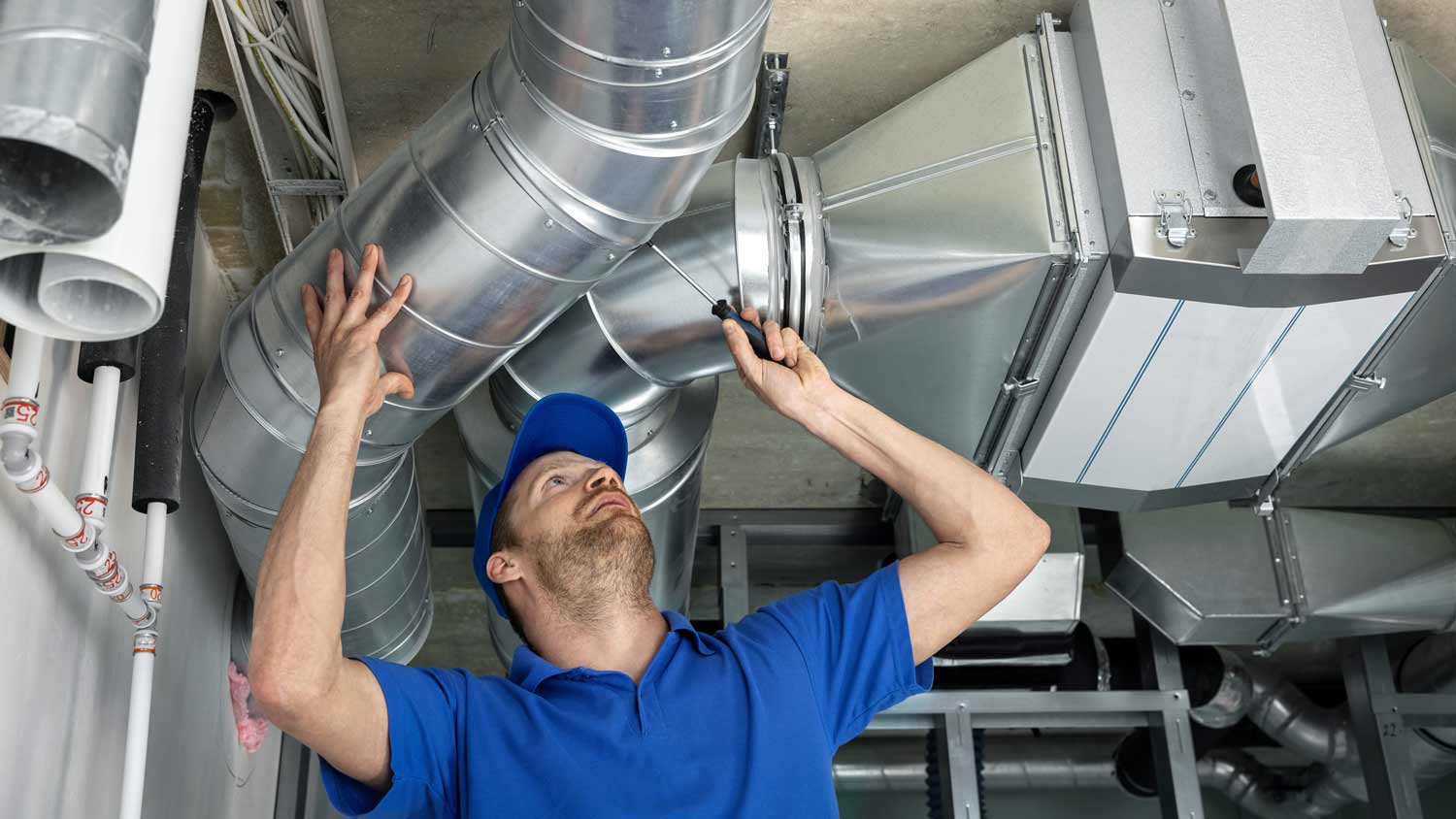
Average costs of HVAC inspections vary based on house size, location, and type of HVAC system. Follow our easy guide to gauge your home’s HVAC inspection cost.

 4.5
4.5  691
691 *The Angi rating for Heating And Air Conditioning Service companies in San Antonio, TX is a rating based on verified reviews from our community of homeowners who have used these pros to meet their Heating And Air Conditioning Service needs.
*The HomeAdvisor rating for Heating And Air Conditioning Service companies in San Antonio, TX is a rating based on verified reviews from our community of homeowners who have used these pros to meet their Heating And Air Conditioning Service needs.
Last update on September 05, 2025
Knowing how long your existing HVAC units can last is essential to determine if you need a repair or replacement. Typically, most modern air conditioning units can last between 15 to 20 years, and most furnaces can work properly for 15 to 30 years. If your HVAC system is on the older side and you decide to replace one unit, it might make sense to replace both simultaneously to save on costs and future hassle.
While different HVAC contractors might offer higher or lower prices than competitors, the best time to replace your HVAC system is when customer demand is low. The beginning of summer and the beginning of winter bring the most demand for HVAC systems, so if you can, consider replacing your HVAC units in the early spring or fall. Many HVAC companies offer special off-season coupons that help lower the overall cost.
The average cost to hire an HVAC contractor is between $50 and $150 per hour if charging hourly. However, some HVAC contractors will charge a flat fee by the type of service they are performing—for example, an inspection can cost between $150 to $500. Keep in mind that emergency repairs—which are made after business hours or around major holidays—generally cost more than scheduled repairs.
Yes, most states require HVAC technicians to be certified, and for good reason. Hiring an unlicensed HVAC technician could lead to poor quality work, costly future expenses, and potential code violations.
As you browse our pro listings, take note of the “Angi Approved” badge. Angi Approved businesses meet our standards for certification which include:
The owner, principal, or relevant manager passed a criminal background check
Required to have applicable state and local licenses
Maintain an average star rating of 3.0 or better on our network, if they have at least one review
Paying to advertise their services
Meeting any other eligibility criteria required by Angi
Keep in mind licensing is different from certifications. A license is a legal requirement to operate a business, while certifications are voluntary.
The average cost of HVAC repairs is around $350. However, that price can be as low as $100 or as high as $2,000 or more, depending on the repair. For example, replacing a capacitor is a relatively inexpensive repair, ranging from $100 to $500. However, a compressor repair is a more expensive repair, ranging from $750 to $2,000.
From average costs to expert advice, get all the answers you need to get your job done.

Average costs of HVAC inspections vary based on house size, location, and type of HVAC system. Follow our easy guide to gauge your home’s HVAC inspection cost.

What you’ll pay for furnace repairs depends on many factors, including what parts are malfunctioning, where you live, and even the time of day. Here’s a breakdown of what can go wrong with your furnace and the cost to fix those issues.

Get transparent, up-to-date swamp cooler repair cost info to learn what impacts pricing and how to save on your next swamp cooler repair.

You know filters, fans, and compressors, but do you know what a condensate drain line is? Discover how a small pipe safeguards your AC unit and home from major issues.

Leave duct size calculations and installations to pros, but you can still use this duct sizing chart to understand the project better.

If you’re wondering why your attic is so hot, take a closer look at the ventilation, insulation, and your roof to find the best solution for cooling it down.